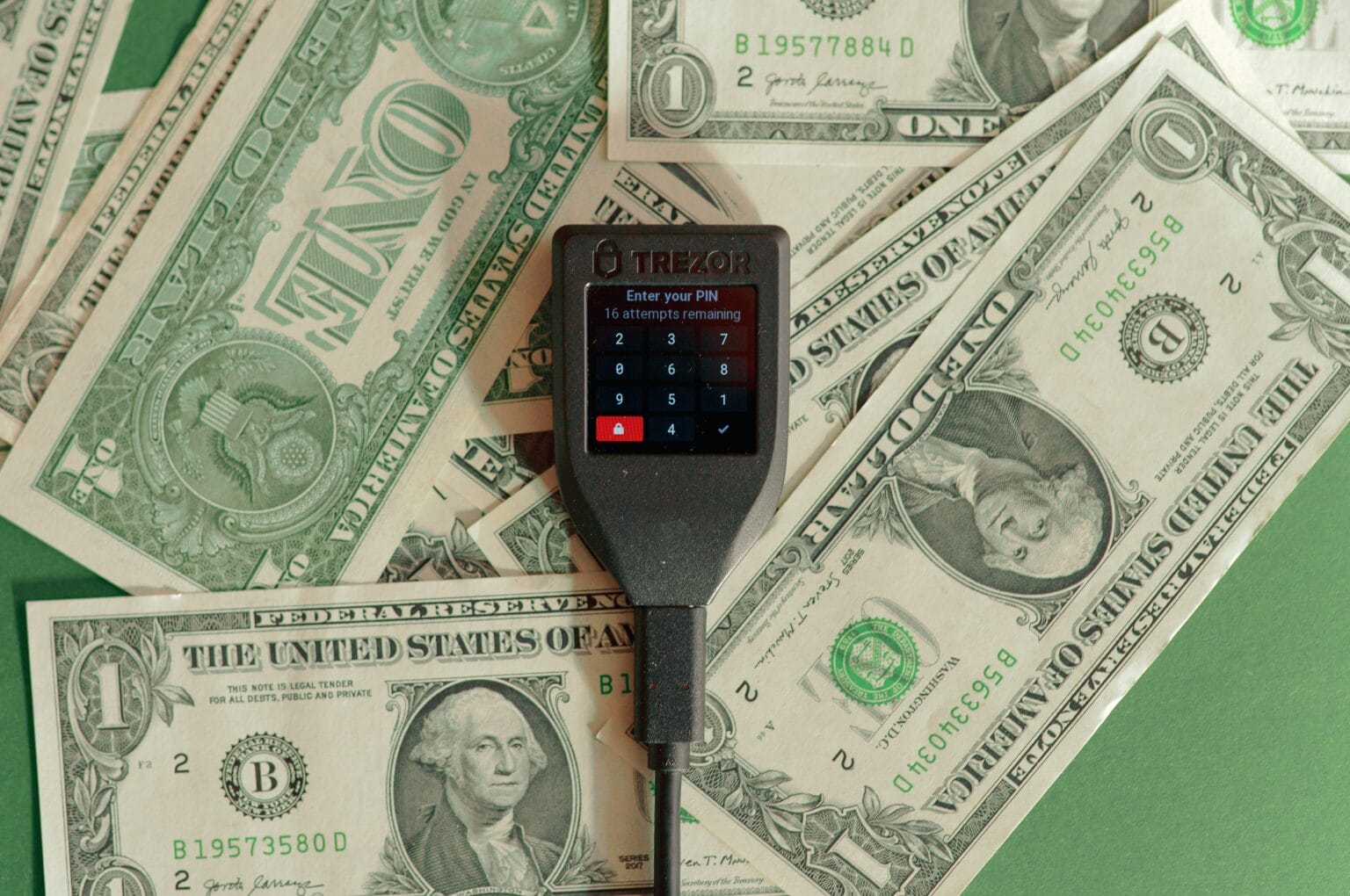South American countries try to stay away from the dollar. Argentina has a lot of debt, so Brazil could help it out by giving it a line of credit.
The leaders of Argentina and Brazil have said that they will keep working on making way for their countries to trade without using the US dollar.
Crisis-hit As a key part of a major debt deal with foreign creditors, Argentina is trying to build up its reserves to pay for trade costs and future debt payments.
This week, Brazilian President Luiz Inacio Lula da Silva and his Argentinean colleague, Alberto Fernandez, were expected to announce a new way for Argentine companies to keep trading with Brazil without taking dollars from the country’s reserves. But after a meeting on Tuesday, the leaders said that the plan still needed to be tweaked.
The Associated Press reported that Lula and Fernandez both said, “The meeting was long and hard, and we will have many more of them.” “I promised my friend Alberto Fernandez that I would do whatever it takes to help Argentina through this hard time.”

The suggested plan is said to include a line of credit to help Brazilian businesses that export to Argentina get the money they need to do so without using US dollars.
Fernando Haddad, Brazil’s Minister of Finance, says that the two countries are looking into possible promises so that Brazil’s government can give money.
“They’ve decided to help make sure that Brazilian companies keep exporting to Argentina, and they asked us to do some homework, which we’ve already done and will continue to do with the necessary guarantees,” Fernandez said. He also said that next week, people from the Economy Ministry will meet with their colleagues from Brazil to talk about the details.
This year, Argentina and China signed a deal that lets companies in Argentina, which has a lot of debt, pay for Chinese goods with yuan.
The International Monetary Fund (IMF) says that Buenos Aires pays $44 billion. The country is currently renegotiating the deal it made with the fund last year to restructure some of its loans.
